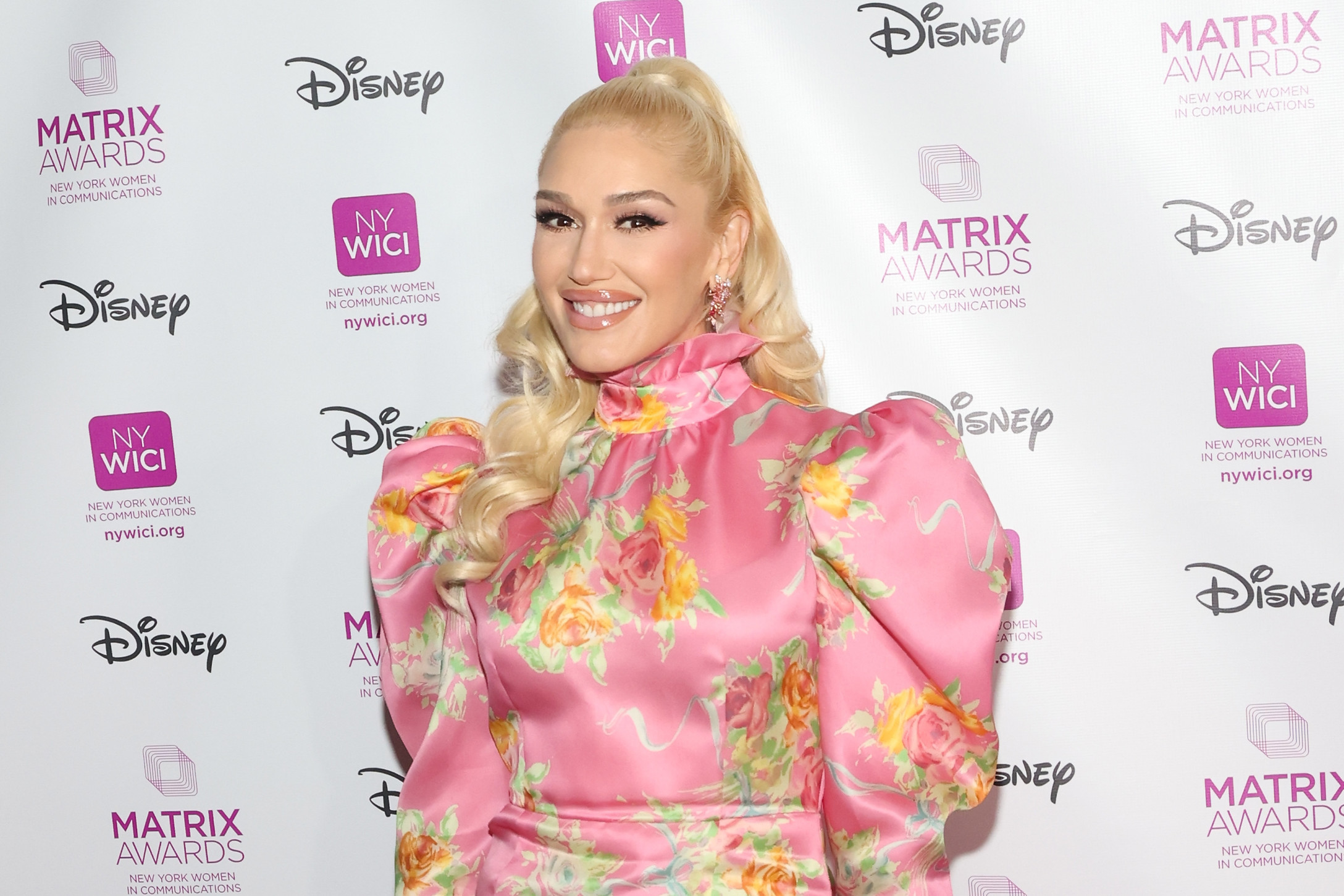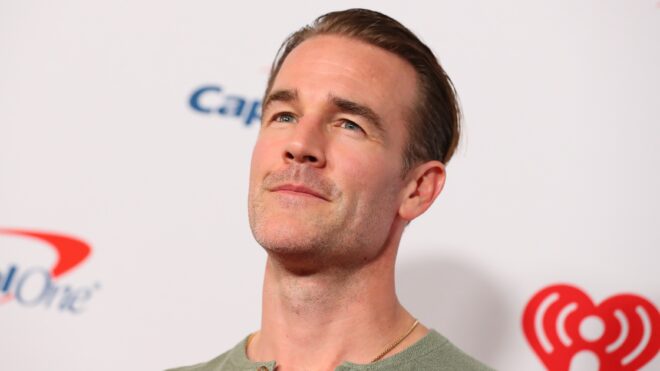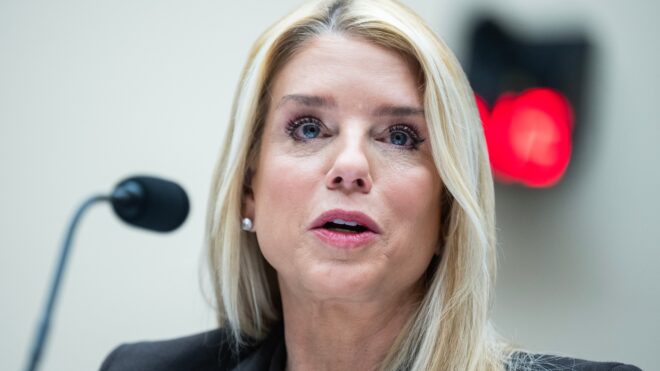
It's been nearly 20 years since Gwen Stefani's song "Harajuku Girls" was reelased, but it's coming back to haunt her. In a new interview with Allure, Gwen insisted she's Japanese, even though that obviously isn't her heritage, and created a storm of online controversy in the process.
Gwen used to go all-in with the Harajuku phase of her career.
In the early 2000s, Gwen was all about the Harajuku culture — a name taken from a district in Japan that is known for its street style — and in 2004, she included the song "Harajuku Girls" on her debut album as a solo artist, Love. Angel. Music. Baby.
Gwen embraced the culture wholeheartedly, using imagery from it in her perfume and fashion lines.
Gwen was asked about her Harajuku era in a new interview.
Although Asian American journalist Jesa Marie Calaor spoke with the singer for Allure in a story that was published this week, she asked her about the inspiration behind that time in her career. Gwen explained by saying that her father, who worked at Yamaha, would travel there a lot when she was growing up.
"That was my Japanese influence and that was a culture that was so rich with tradition, yet so futuristic [with] so much attention to art and detail and discipline and it was fascinating to me," Gwen said.
That's when she doubled down, claiming that she is Japanese.
"I said, 'My God, I'm Japanese and I didn't know it,'" she said. "I am, you know."
Obviously, Gwen is not actually Japanese — as the article states, her father is Italian American, her mother is Irish American, and she grew up in California. Still, she thinks the way she's embracing Asian culture is perfectly fine.
"If [people are] going to criticize me for being a fan of something beautiful and sharing that, then I just think that doesn't feel right," she continued in the interview. "I think it was a beautiful time of creativity … a time of the ping-pong match between Harajuku culture and American culture … [It] should be okay to be inspired by other cultures because if we're not allowed then that's dividing people, right?"
Gwen described herself as 'a little bit of an Orange County girl, a little bit of a Japanese girl, a little bit of an English girl.'
Needless to say, this has earned her significant backlash online, especially from people who believe this interview would have been a great opportunity for her to condemn the cultural appropriation of her past.
The tweets on the subject are plentiful, and many of them are pretty scathing.
One person tweeted, "Why Gwen Stefani is taking a break from being Blake Shelton’s corny muse to remind us of her appropriation era from 20 years ago that wasn’t on anyone’s mind for more than two minutes recently, I don’t know and don’t care."
So far, Gwen has yet to respond to the backlash.
At the end of the Allure article, the writer stated that Gwen's rep did reach out a day after the interview to say that she had "misunderstood" what Gwen was trying to say, but her team declined the opportunity to share a statement or participate in a follow-up interview. Since the article went live, Gwen appears to have gone silent on social media.
It'll certainly be interesting to see what Gwen has to say for herself. Appreciating other cultures is part of what makes our world so great … but when that appreciation turns into appropriation — and profiting off of those cultures like Gwen did — it becomes a problem that is important to discuss.




